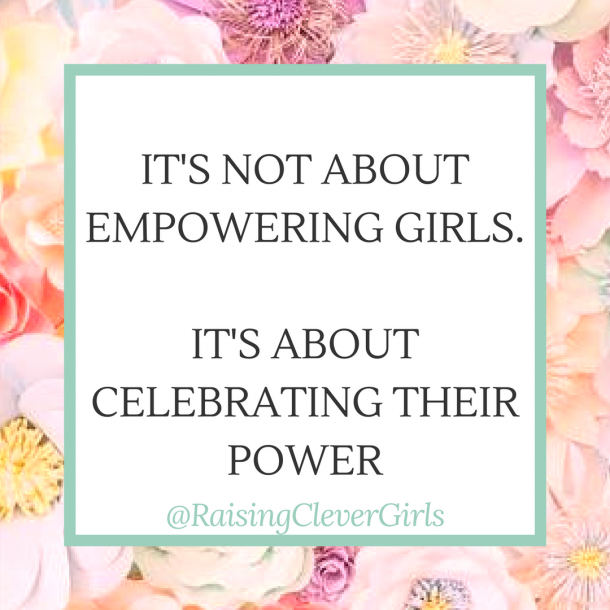
So many adults act from a feeling that they are not enough as they are, so they need the fame, the money, the social validation, they need to please everyone else to prove themselves that they are like and loved, that they are good enough. And this comes from a hidden feeling of rivalry.
The only way to stop the cycle is to acknowledge this and not pass it forward to our children.
Comparison, especially when coming from a parent, hurts a child’s spirit and kills authenticity. The child will try so hard to please, to gain the parent’s approval, that she will lose herself along the way. And often, as parents, we don’t even realise we are comparing our children to others. But comparison comes in many shapes:
– telling our daughter she is “the most beautiful” (in comparison to whom?)
– giving other kids as an example of behaviour “your sister has already put her shoes on, what are you waiting for?”
– labelling children as “the smart one”, “the sporty one” (implied comparison)
Switching comparison off completely is not realistic, however comparison has 2 facets:
1. Rivalry
2. Competition
Shifting from one to the other is the key to teamwork, pushing our limits and enjoying a good challenge. Because when everyone wins a trophy in a competition, children may seem please, but the truth is it’s worth nothing to them.
The difference between rivalry and comparison is simple: while rivalry is that shrinking, cancerous feeling of having to put the others down in order for you to go up, competition is a feeling of expansion, of playfulness, it’s the motivation we naturally feel when running with a running buddy. It helps you push yourself, question your approach and encourages you to improve your skills.
Th only real rival in life is the person we were yesterday.
Teaching our children to embrace competition and see the others as the help the motivation the Universe gave them to go forward and become a better version of themselves is their key to joy and playfulness.
And this has to start with us, as parents, never comparing our child to others, wishing they were more like “this” or like “that”.
For more details on how to shift from rivalry to competition, have a look at the video below.


